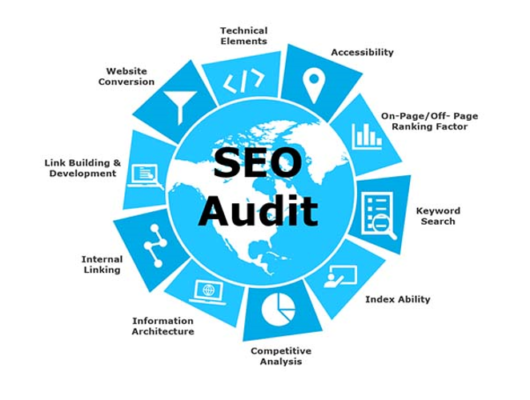In the digital age, local search has become a game-changer for businesses aiming to connect with nearby customers. Local SEO (Search Engine Optimization) is the key to unlocking the potential of your business within your community. In this comprehensive guide, we’ll explore the significance of local SEO, provide tips for optimizing your website for local search results, guide you through claiming and optimizing local listings, shed light on the power of location-based keywords, and help you measure the success of your local SEO efforts.
Understanding the Importance of Local SEO
Local SEO is not just a trend; it’s a necessity for businesses looking to thrive in their local markets. Here’s why local SEO is crucial:
- Local Intent: A significant percentage of online searches have local intent, meaning users are actively seeking products or services in their vicinity.
- Mobile Searches: With the rise of mobile devices, users frequently search for businesses “near me” on the go.
- Google My Business (GMB) Importance: Google My Business is a pivotal aspect of
- local SEO, offering a prominent position in local search results.
Competitive Edge: Local SEO helps you stand out in local searches, gaining a competitive edge over businesses that neglect their local online presence.
Tips for Optimizing for Local Search Results
Optimizing your website for local search is essential. Here are some tips to enhance your local SEO:
- Keyword Optimization: Include location-based keywords in your website content, meta tags, and headers.
- Localized Content: Create content that caters to local interests, events, and news to establish relevance.
- Mobile Optimization: Ensure your website is mobile-friendly, as many local searches occur on mobile devices.
- Customer Reviews: Encourage and manage customer reviews on platforms like Google, Yelp, and Facebook.
Claiming and Optimizing Local Listings
Local listings are virtual storefronts for your business in the online world. Follow these steps to claim and optimize your local listings:
- Google My Business (GMB): Claim and complete your GMB profile with accurate business information, categories, and engaging photos.
- Consistent NAP Information: Ensure your business name, address, and phone number (NAP) are consistent across all online platforms.
- Citations: Get listed in online directories, ensuring accurate and consistent information across all platforms.
- Business Descriptions: Craft compelling and informative business descriptions for your listings.
Leveraging Location-Based Keywords for SEO
Optimizing for location-based keywords is a game-changer for local SEO success:
- Long-Tail Keywords: Use long-tail keywords that include your location to attract more targeted traffic.
- Service Areas: Clearly define the areas you serve on your website to enhance local relevance.
- Localized Landing Pages: Create dedicated landing pages for specific locations you serve, tailoring content accordingly.
- Localized Backlink Building: Seek backlinks from local websites, publications, and
- community organizations to boost local authority.
Measuring the Success of Local SEO Efforts
To gauge the effectiveness of your local SEO strategies, monitor the following metrics:
- Local Rankings: Track your position in local search results for relevant keywords.
- Google My Business Insights: Analyze GMB insights, including clicks, calls, and direction requests.
- Customer Reviews and Ratings: Monitor and respond to customer reviews on various platforms.
- Website Analytics: Use tools like Google Analytics to track local traffic, engagement, and conversions.
In conclusion, mastering local SEO is essential for businesses looking to thrive in their local markets. By understanding the importance of local SEO, optimizing for local search results, claiming and optimizing local listings, leveraging location-based keywords, and measuring success through relevant metrics, you’ll be well-equipped to establish a robust online presence and connect with customers in your community.





